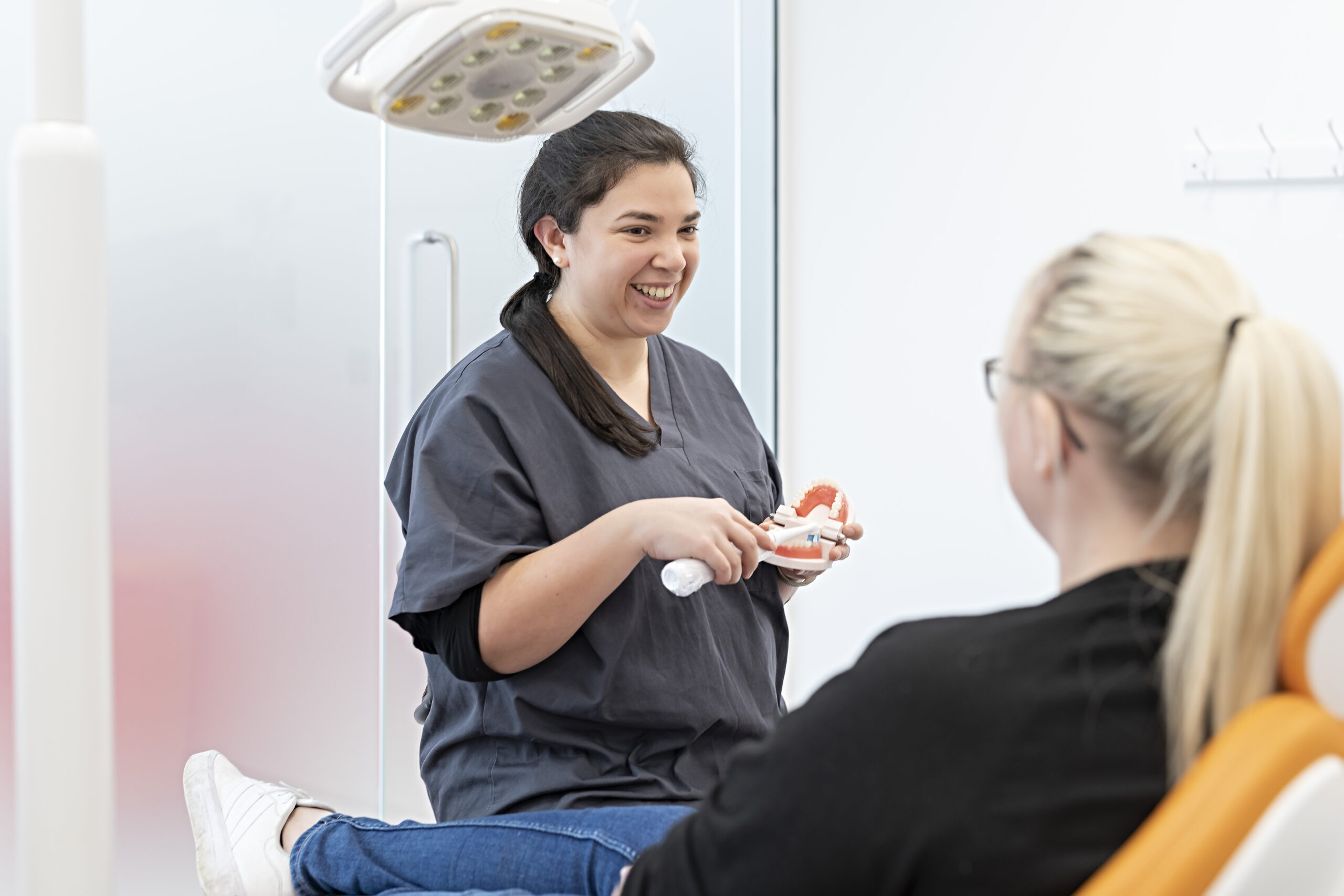Curious about what’s true and what’s not when it comes to dental care? Let’s uncover some popular myths that might be holding you back from the healthiest smile possible! Knowing the facts can make all the difference for your oral health.
Myth #1: If You’re Not in Pain, Nothing is Wrong
Fiction! Dental problems often develop silently. Cavities, gum disease, and enamel erosion may progress without symptoms until they become serious. Regular dental check-ups allow your dentist to spot early signs of trouble and prevent the need for invasive treatments later.
Myth #2: Brush Immediately After Meals
Fiction! Brushing right after eating, especially acidic foods, can harm softened enamel. Saliva needs about 30 minutes to neutralise acids and harden enamel. Waiting to brush helps protect your teeth and keeps them strong.
Myth #3: Brushing Harder Cleans Better
Fiction! Vigorous brushing can damage gums and wear down enamel. For effective cleaning, use a soft-bristled toothbrush and light, circular motions. Gentle brushing removes plaque without causing harm.
Myth #4: Bleeding Gums Mean Stop Brushing
Fiction! Bleeding gums are often a sign of plaque buildup and inflammation. Continue brushing gently along the gumline and use interdental tools to clear hard-to-reach areas. Persistent bleeding, however, may indicate gum disease, so consult your dentist.
Myth #5: Sugar Alone Causes Cavities
Partly Fiction! While sugar feeds bacteria that produce enamel-damaging acids, poor oral hygiene and prolonged sugar exposure are also to blame. Brushing, flossing, and reducing sugary snacks all play a role in preventing decay.
Myth #6: Baby Teeth Don’t Matter
Fiction! Baby teeth are essential for guiding adult teeth into place, supporting speech development, and enabling correct chewing. Protecting them helps avoid alignment issues and promotes lifelong oral health.
Myth #7: Mouthwash Replaces Brushing
Fiction! Mouthwash may freshen breath, but it doesn’t remove plaque or food particles. Brushing and interdental cleaning are essential for a thorough clean. Use mouthwash as a supplement, not a substitute, for daily oral care.


